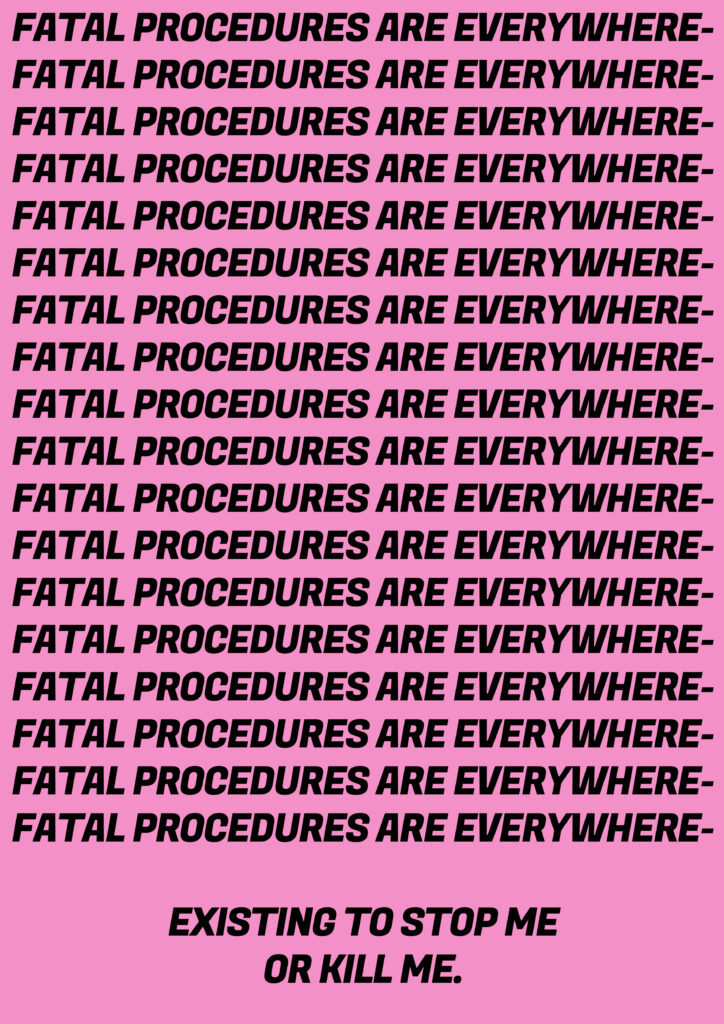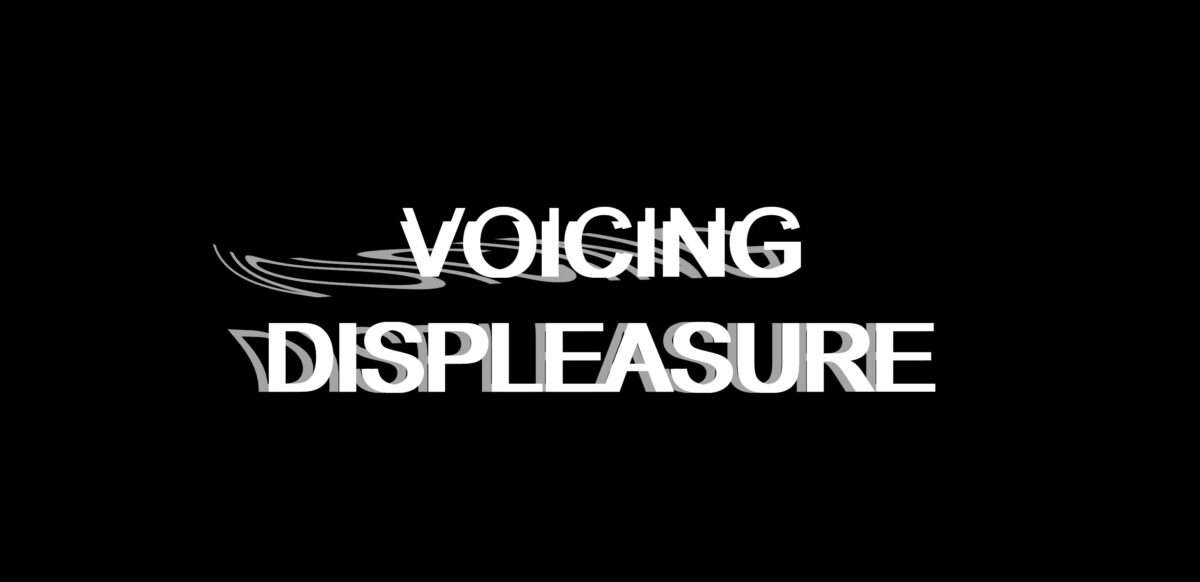The summary was urging to be done and therefore, we are coming back to the roots: the place where the complaints were planted, watered, and let out by the complainer-creator, to the #0.
I do wonder sometimes why I have started voicing the itchiness I encountered. The following question would be why I do art. Then again, after rereading the displeasures once in a while I always bump into the satisfying answer. Moreover, I love my army of complaints. The question would pop up: how is it possible to have an emotional connection to the displeasure? I might not be able to explain it well, but assume that for me it comes from the joy of complaining, the power of reflecting, something very personal, one-man therapy, the empathy with the protagonists of my story, and most importantly, being able to be vulnerable somewhere, more than anywhere else. The topics that I touched through my displeasures are a good base to realize what are the itchy places and triggers, more precisely the base for future complaints and that is, my complainers, what I was looking for a while. I might be my own feminist ear.

STICKY DATA: Complaints framed as self-damage
Is it, now when I opened these very personal, but very public questions and realized how sticky they are? Now, when I am aware of the damage that has been made? It can not be more of destruction than actually taking the words and bringing them into action. I and my displeasures are already here, which is, as I experienced, definitely not enough. Otherwise, Ahmed would call it a fatalist process (opened and started just in order to be initiated). But I would say that if my voices are burning now, there must be the next stage. Therefore, let me complete this action until it gets visible.

WHAT A LOVELY WAY TO BURN
After voicing displeasure #The Code of Visibility, I could finally cry my life off, after months of holding it back. The wonderful moment of being able to tell him how hurt I was is not the pathetic story about my father, as I always thought. It is the voice of all the girls in the world that were abandoned, living with the thought that they made a mistake. It is the voice of the anger, the spit of the tension that pierced my belly for years. Thinking about the children that are very present in my everyday life, I pictured the visibility that their complaints are creating: the contrast of being taken too seriously, or not at all. I have been observing both their creation of visibility and complaining in front of the authorities and I actually found something useful to apply in my own practice.
Never mentioned before that I have always been disguised and repelled by the way my family structure is described in the official documents. It gave many people the right to comment and construct their own perceptions of the two members of my nuclear family. I hated the way they victimized my mom seeing her as a tortured, poor woman, the single parent left alone. Once, in the report of a school psychologist, she wrote: the child’s lack of motivation due to the consequences of her broken family. Whatever would change in my behavior, that was considered weird, it was always attributed to the crack I was born in.
Once, I cried in front of a 5 years old girl I babysat because her toy/doll family construction matched mine very well. Instead of stopping the professional cry, I started the professional complaint in front of her and the game was successful. The feminist ear has no gender and no age.

voicing the burning
#The Professional Cry is a fusion that gravitates and connects displeasures written before and after it. It is, indeed very much connected to the first displeasure #Feminine Masculinity. Both empowered my female/male voice and helped me understand the NO complaint. I was not respecting my own body, and my own little girl cried inside me every time I gave it to them. I was sexually harassed, taken advantage of. I experienced verbal abuse not knowing that what has been happening is wrong. I never told that to anyone, because they would immediately give credit to the broken family situation: seeking love more than others, daddy issues, loneliness, not having a man figure to look after, etc. I am not saying that traces of the crack are not present, but how dare you? Developing masculine femininity is a process and I prefer saying that my deep voice is therefore a social construct.

This must be a professional crying class, voicing up and healing the cracks.
#The Crying Honk was, on the other hand, at the beginning very general, global, touching something outside of my body. I started writing it after the second day of my trip to Egypt thinking about the reflection on the way. After a while, it became strongly personal and I noticed that this was the task of mine, the one this life urges me to have: I am the voice of the children. I always felt this whisper more than others and whatever is the context, I ended up working with kids. At least I know whom I inherited this complaining skill from. Therefore, the more honest and radical I was, the more visible I became. This might also be called radical softness because my words are written faster than my brain can check them. I am simply unloading and emptying my cabinets within each letter.
NOWHERE TO GO, BUT READY TO BURN
So, how to treat these empty pieces of furniture that are piling up? How to fold all these tears and screams-soaked napkins? Where to store them? The collection of the voices, cabinets of displeasure, university of ears, feminist laboratory, collective hug, complaining choir – (some)where to go?
I have a trillion questions while burning on my own and some of them are adding oil on fire, while some are swallowing me even more into the topic. I am asking:
What is the difference between psychotherapy (type of a feminist ear), official complaint (including administrative process e.g), and art practice here, for me? What am I proposing and voicing? What would happen when the voices are heard and the cabinet is exposed, becoming visible? Will my writings hug the people, motivate them? What do the complainers need? Is it more of the introspection and individual complaining experiences or the instruction of how to make an act?
Will anything voiced drastically change anything existing?
Until all of them are answered,
until it all burns.








